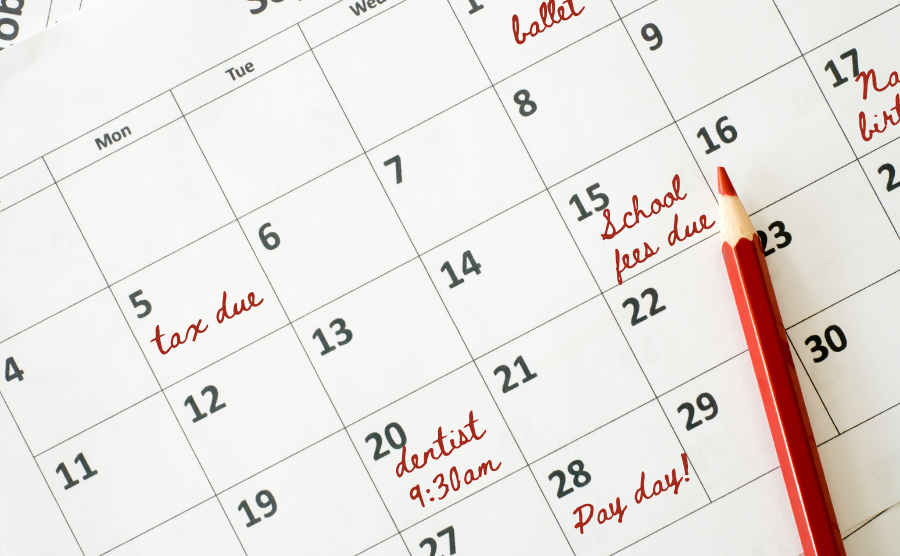Once you’ve been through the buying process and secured yourself a home overseas, it’s time to start living in it. But what will that cost and how can you budget for the future?
To predict the overall cost of your property bills, we have to determine what you’ll use it for. The most common property uses fall into one of the following categories:
- A holiday home
- An investment
- A permanent residence
For each one, the costs will differ. If you’re buying an overseas home to use as a holiday home, your running costs will be significantly lower as you won’t be there all year. However, if you plan to let your property out when you’re not there, you need to account for those costs.

Have you budgeted for property maintenance in your overseas home?
Decorating and furnishing
Is your overseas home pristine and ready to move into or does it need a revamp before you can? Is it furnished or unfurnished? Who will be doing the work? These are all questions that you need to ask yourself ahead of an overseas property purchase.
If the home you’ve purchased requires renovations before you take up residence, how much will that cost?
In all cases, it’s typically cheaper to use local tradespeople to help you decorate your home as they tend to offer better prices than larger corporations. If you’re lost as to where to look, check your local business directory, and ask your neighbours or friends in the area. In France, you can ask your local Mairie for recommendations.
Running costs
Utility pricing will depend on how often you’ll be in your new property, but odds are the essentials (gas, electric, water and internet) will be needed in all cases. To get a good idea of how much your utilities will cost, we suggest using a market comparison site. For more of an overview of how expensive each country is for everyday items, look at the Property Guides Cost of Living Index.
Local taxes
Here in the UK, we pay council tax on the properties we own, and most European countries have a similar framework in place. They don’t all operate the same though, so make sure you enquire with the relevant authorities to ensure you’re not underestimating costs.
Management fees
Are you planning on letting out your home when you’re not there? Or if you have an onsite gite, you might be interested in using a management company to facilitate guests staying at your home. These companies manage the booking process from start to finish and are likely to have connections with local cleaners who can keep your property clean and tidy for new guests.
These fees are often taken every month in the local currency.
Licenses
Check the local authorities to see if you need a license to legally let your property. This varies by country and region.
Insurance and maintenance
Whether you’re buying a home to let out or a permanent residence, you’ll need content and property insurance. Premiums differ depending on how often you’re there and whether strangers/guests will be using the property, but most insurance providers will be able to provide you with a quote free of charge.

With Smart Currency’s regular payments plan, you can sit back and relax and leave it to us
Regular and automatic payment plans
We offer a service that allows you to automate the transfer process by scheduling payments either at on-the-day exchange rates or at an exchange rate you’ve previously locked in with a forward contract.
Lots of overseas homeowners benefit from regular payment plans as it saves time, trouble and expense of making each transfer individually. It’s particularly useful for those who need to make regular payments. Examples include local property taxes, maintenance, child support, school fees etc.
How to manage your overseas home payments
The currency market is extremely volatile. Rates can drop and soar at the drop of a hat, which could seriously affect your regular or on-the-spot payments. There are multiple ways to manage this risk, here is out step-by-step guide to managing your overseas home payments…
1. Sign up to Smart Currency
Smart Currency isn’t a hands-off foreign exchange service. It cares about its clients. That’s why each client is assigned a personal trader who is always just a phone call away. They can help you manage your risk and help protect your budget from significant movements in exchange rates. Sign up with Smart Currency today.
2. Set your rate
If the market moves in your favour, you can secure that rate with a forward contract. This is where you lock in an exchange rate for up to 12 months. It can prove extremely useful if you’ll be making regular transfers.
3. Get acquainted with our services
We offer a range of services that could be well suited to your situation. Browse our available services online or talk to your dedicated account manager to better understand a certain option.






















